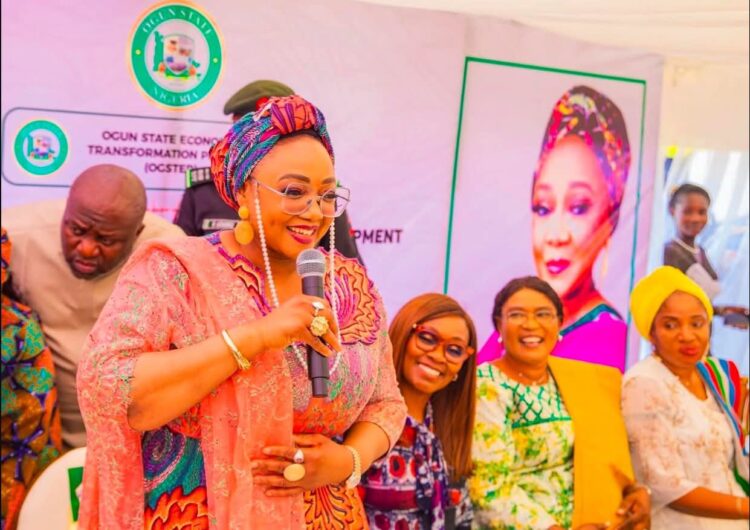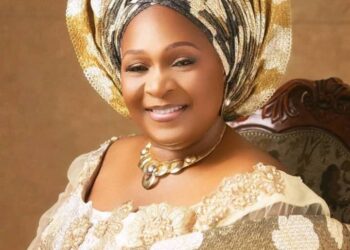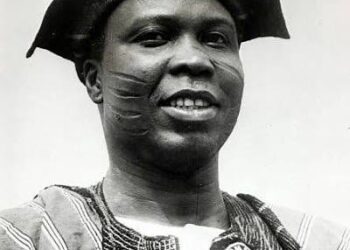By Nata’ala Keffi
History is rarely kind to those who dare to reshape the status quo. For decades, even centuries, the Nigerian woman has been the nation’s unwavering constant—the trader in the market, the farmer in the field, the pillar of the home. Yet, in the halls of power, her voice was a ghost. The post-independence political landscape, for all its promise, largely consigned women to the role of cheerleaders and voters, not leaders and decision-makers.
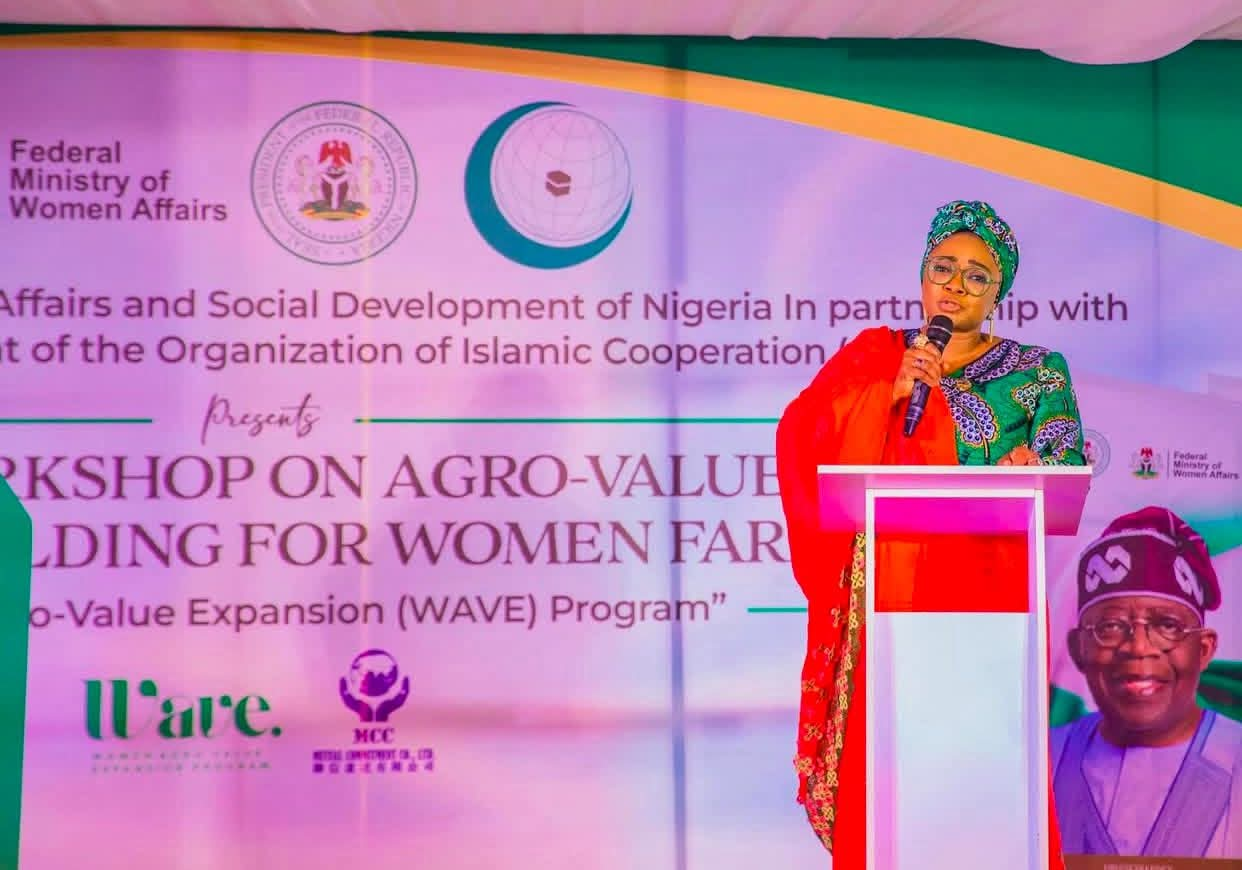
We remember the pioneering spirit of figures like Funmilayo Ransome-Kuti, who fought tirelessly for representation. Yet, progress was glacial. Women faced a triad of oppression: social discrimination that told them their place was not in public life, economic exploitation that limited their access to loans and land, and political marginalization that shut them out of elected offices and appointments.
This is the historical backdrop that makes the transformative leadership of Hon. Imaan Suleiman Ibrahim at the Federal Ministry of Women Affairs not just commendable, but revolutionary. And it begs a painful question: why is it that in our culture, we often not standing by our own in their time of need, to support them as they succeed?
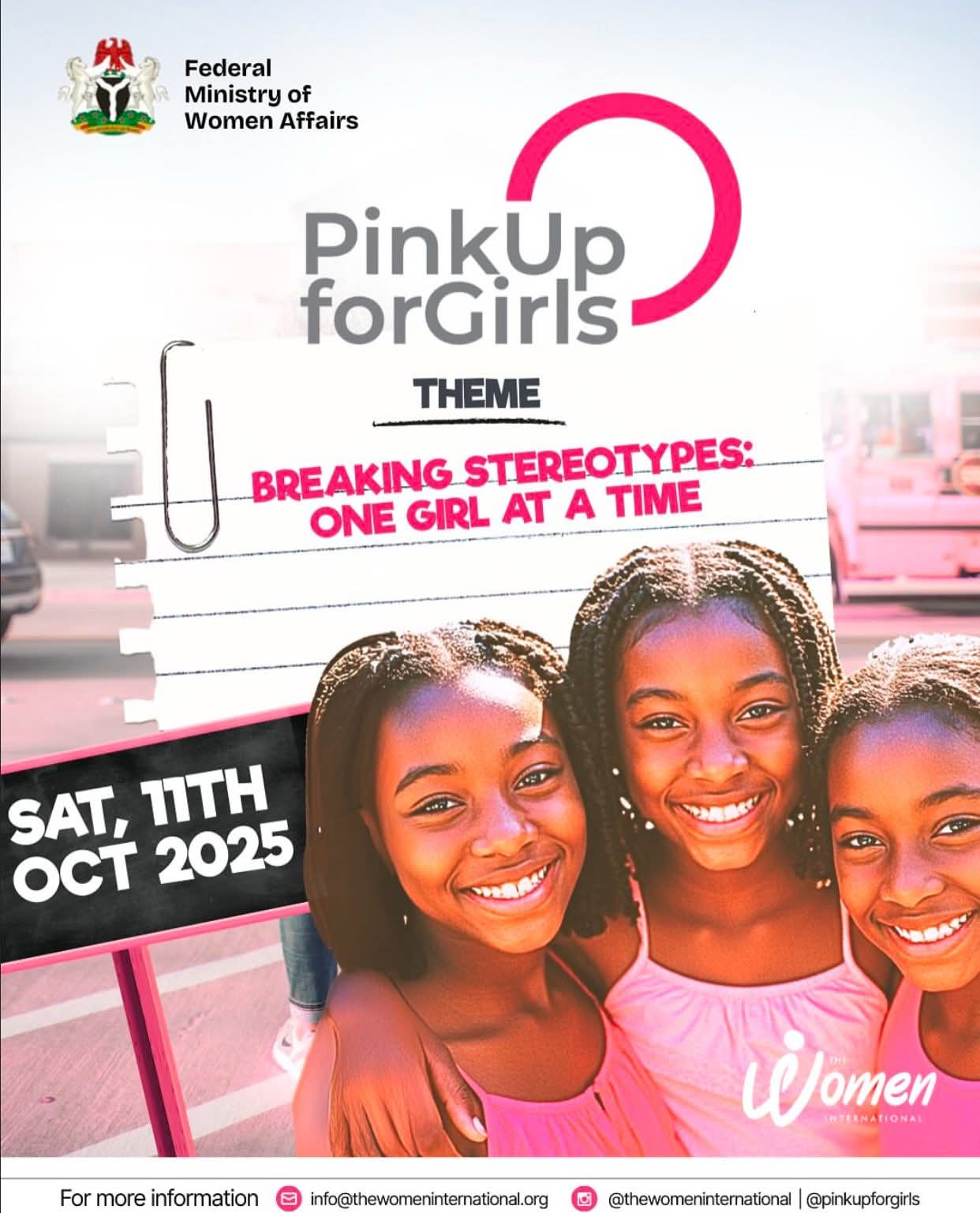
Under the banner of President Bola Tinubu’s Renewed Hope Agenda, Hon. Imaan has not simply occupied an office; she has ignited a movement. Her tenure has been a masterclass in dismantling the old barriers. Today, the evidence is undeniable: women are competing with and excelling alongside men in boardrooms, in tech hubs, and crucially, in leadership positions.
The Proof is in the Pudding: Nasarawa’s Democratic Revolution. Consider the tangible, historical shift in Nasarawa State. For the first time ever, each of the state’s 13 Local Government Areas now has a dedicated councilor representing women in the legislative arm. This is not a token gesture; it is a structural overhaul. It ensures that the issues of healthcare, education, economic empowerment, and security that uniquely affect women are no longer an afterthought but a central part of local governance. This is a replicable model for the entire federation, a legacy of inclusive democracy that will outlive any single administration.
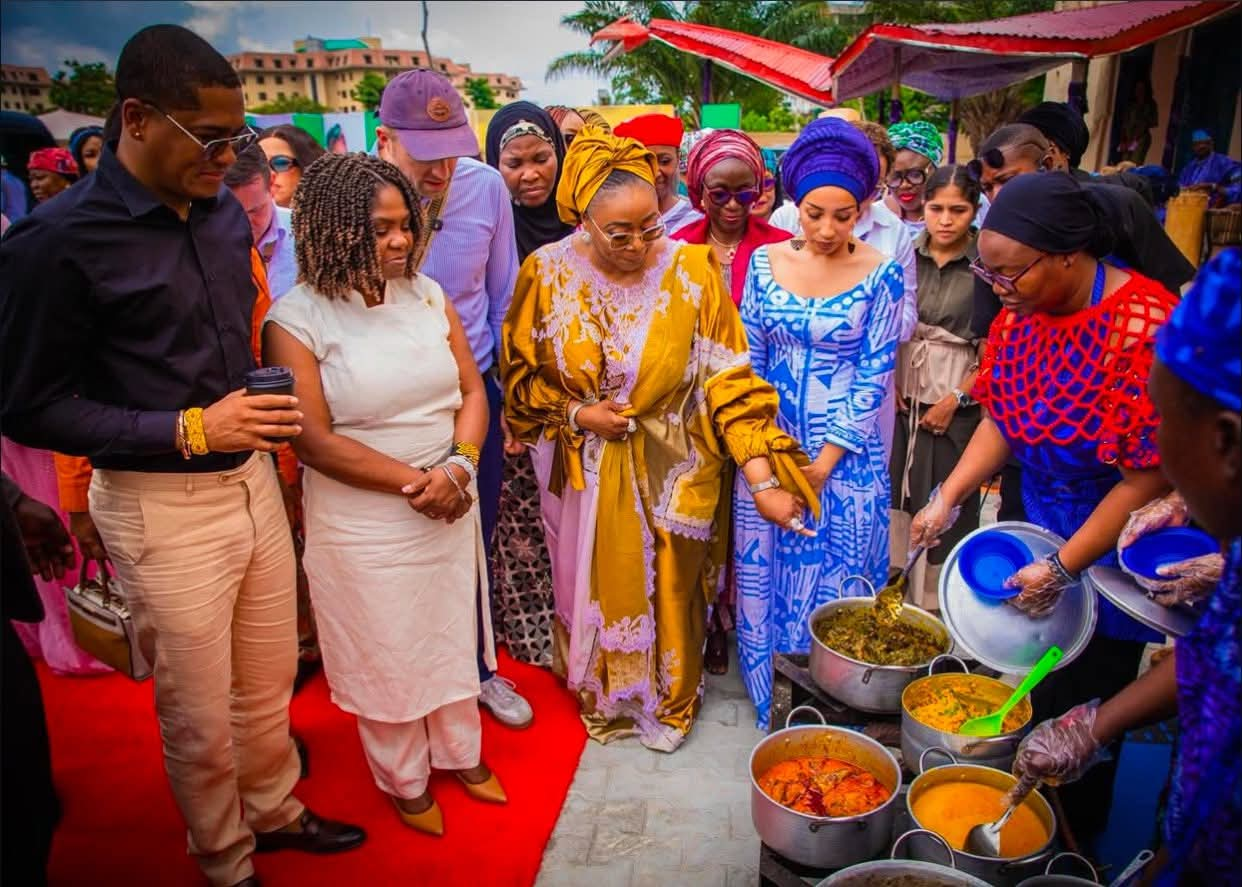
Beyond this, a simple search online reveals a cascade of empowerment programs, from vocational training initiatives and financial literacy workshops to grants for female entrepreneurs that have swept across the nation, touching lives from Calabar to Kebbi. The evidence is there, documented and verifiable for all who care to look.
Then Why The Noise?
This leads to the inevitable dissonance: the protests, the whispered campaigns, the open hostility against her leadership. When confronted with such undeniable progress, one must ask: what is the true source of this criticism?
Is it based on a lack of results? The facts say otherwise. Is it based on a better policy alternative?None has been offered.
The unfortunate truth points to a older, more corrosive tradition: the politics of envy, jealousy, and greed. It is the age-old Nigerian reflex to pull down the rising star, to critique the breaker of chains, to sow discord where progress is being harvested. It is the last gasp of a fading establishment that feels its exclusive grip on power slipping away.
To stand against Hon. Imaan Ibrahim’s vision is not to stand for accountability; it is to stand against the advancement of over half of our population. It is to side with the marginalizers of the past against the architects of a more prosperous, inclusive future.
The journey is far from complete, but the direction is clear. It is a path paved with the renewed hope of millions of Nigerian women who now see a reflection of themselves in government. We must make a choice: will we be remembered as those who stood with progress, or those who were swayed by the petty politics of envy?
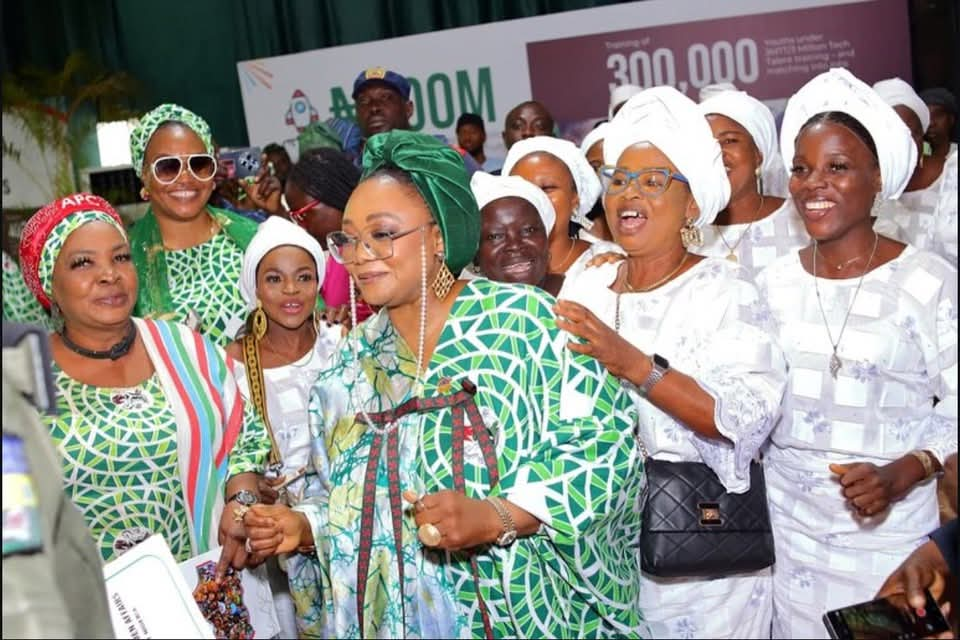
The time to stand by our own is now. The time to support positive success is now. The evidence is clear; the future is female, and it is brighter for us all.
#IStandWithImaan #RenewedHopeAgenda




